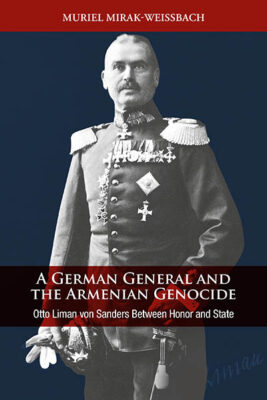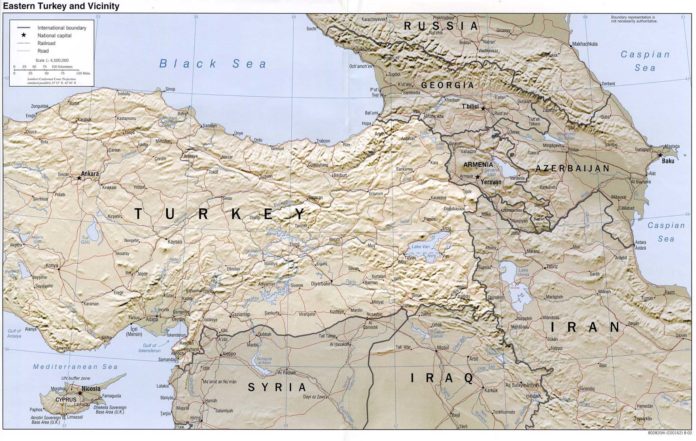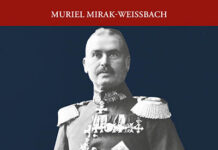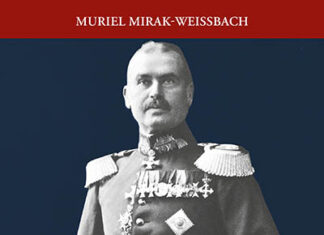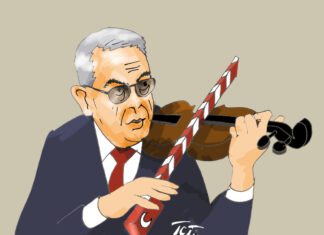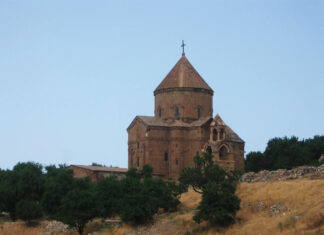By Suraj Sharma
The symbolism was huge, as was the message that followed: the highest level talks in almost 40 years between Turkish and Iranian military commanders, then an announcement by Turkey’s president of a new “alliance.”
After Hulusi Akar and Mohammad Hossein Bagheri met last week, Turkey’s President Recep Tayyip Erdogan, who has traded barbs with the Iranian leadership over “sectarian” meddling abroad, suggested the time was right for military cooperation.
It was yet another swift about-face by big players in the Middle East, and one that may have huge implications for the region.
So why now, and how far can such an alliance go?
At the moment, we have an agreement to cooperate against the PKK and its offshoots. This is perfectly in line with developments Huseyin Bagci, a professor of international relations at Ankara’s Middle East Technical University, told the Middle East Eye that the developing relationship was based on countering the “Kurdish threat” across the region.
